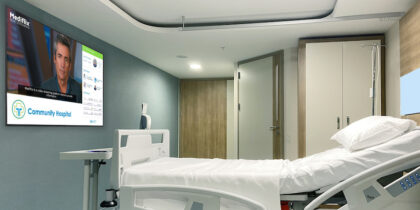Sports-related brain injuries have been widely discussed in recent years, with as many as 3.8 million concussions occurring on playing fields in the U.S. every year, according to the Brain Injury Research Institute. Fortunately, as technology has improved, it’s also become easier to diagnose concussions and create treatments to help athletes from every level of play.
One person with a passion for driving this change is Jack Youngblood, a former defensive end for the Los Angeles Rams and Pro Football Hall of Famer. I had the pleasure of speaking with Youngblood, who played in an era when there was little awareness of the long-term impacts of consistent head knocks, about why we need to rethink our approach to concussion treatment.
“I know that I am damaged from playing 14 years in the NFL,” Youngblood said. “I know that more damage is coming, so I want to know everything I can find out about how we can offset this now. It’s amazing what they’re finding out.”
When reflecting on how concussions were tested for during his playing days, Youngblood simply said, “They didn’t. … They’d hold up two fingers [and] if you said ‘five,’ they said: ‘Get back and play.'” It was this approach — or lack thereof — that led Youngblood to become an advocate for brain injury treatment.
Looking to the future, Youngblood hopes that change and better resources for players are just around the corner. “This technology is exploding,” Youngblood said. “That excites me because I’m going to get some answers, and we’re going to share those with families and with kids that are coming up today playing the game.”
To learn more, read our case study on how Quadrant Biosciences is transforming brain health testing.






